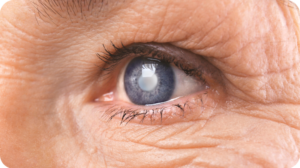Medical researchers have long found evidence that inflammation can contribute to diseases from arthritis to cancer. A recent study published in the journal Neurology reveals that fighting inflammation with diet may also reduce the incidence of dementia.

Participants in the Greek study showed markedly less dementia when they followed a diet high in anti-inflammatory fruits and vegetables. The good news for those who love their morning cup of Joe? Coffee and tea drinking appear to play a role in the diet—and its neurological benefits—as well.
The results of the study suggest fruits and vegetables such as fatty fishes (i.e., salmon and tuna), dark leafy greens (i.e., spinach and kale), olive oil, tomatoes, and fresh fruits such as strawberries and cherries contribute to a reduction in body—and brain—inflammation, which in turn reduces the onset of dementia.
It’s important to note that the study looked at not only what the participants ate, but what they avoided as well. Exploiting anti-inflammatory benefits appears to be equally a case of limiting the intake of refined sugars and highly refined or processed foods, avoiding fried foods, and limiting consumption of red meat and high-fat shortening products.
This is not new information. It reinforces what the medical community has long believed: that a diet high in fruits and vegetables, fiber, and whole foods—and low in refined sugars, saturated fats, and processed foods—leads to a significantly reduced long-term risk of serious disease. Of course, an anti-inflammatory diet also tastes great!
Show some love if you liked this post!







